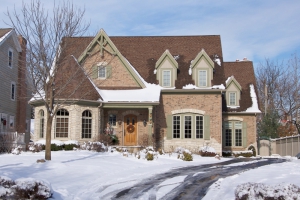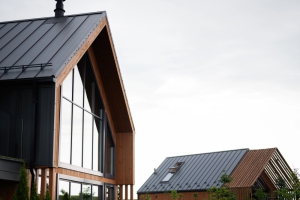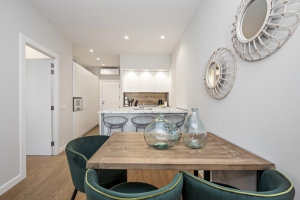Article Categories
Recent articles
-

Homes Sold “As Is”: A Great Deal or a Potential Money Pit?
Buy / sell | December 21 2025 -

8 Mistakes to Avoid When Renting Out Your Property
Buy / sell | December 14 2025 -

The Passive House Trend in Québec: Impractical or Totally Achievable?
News | December 12 2025 -

Beyond Sump Pumps: Flood Protection Solutions for Your Home
Renovation | December 7 2025 -

Turn a Dark Basement Into a Bright and Welcoming Space
Design | December 5 2025
